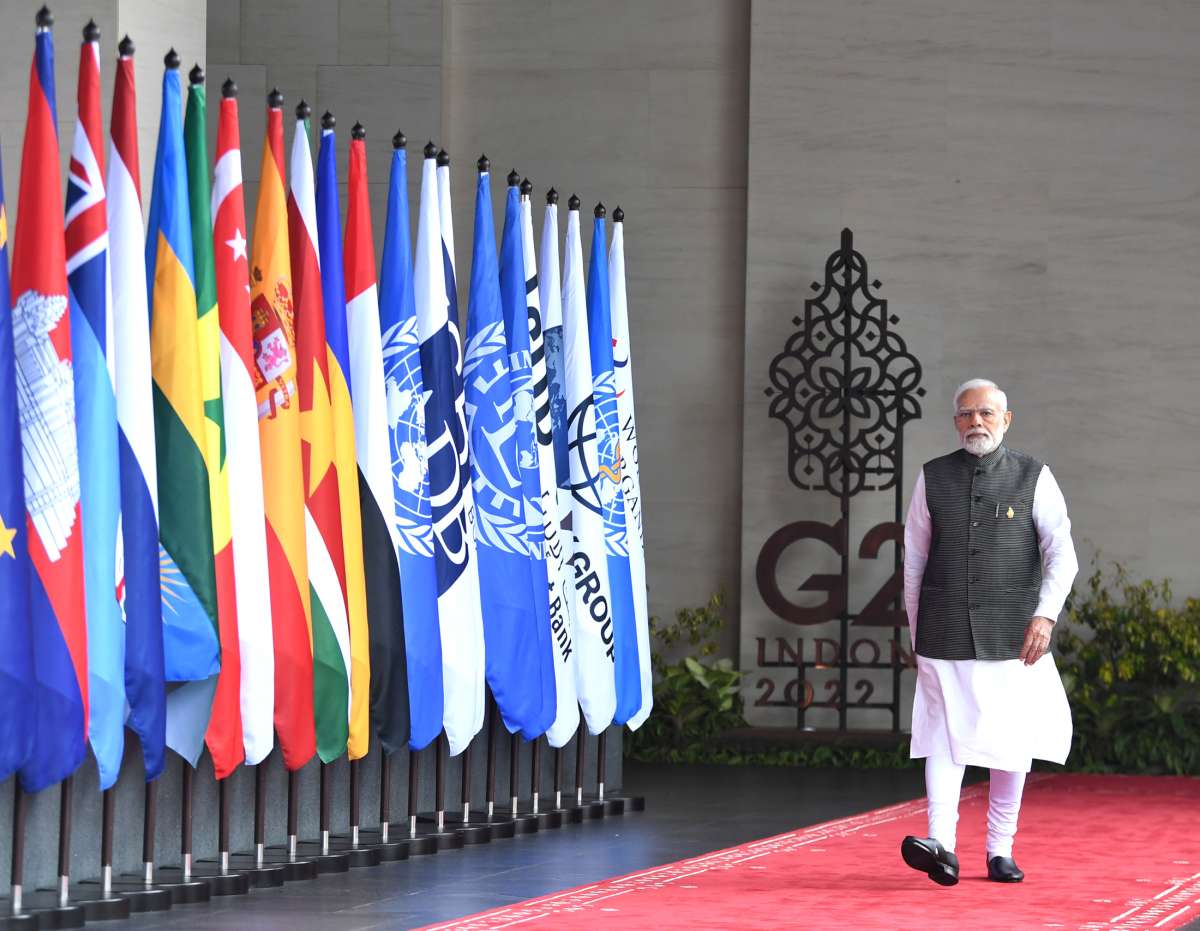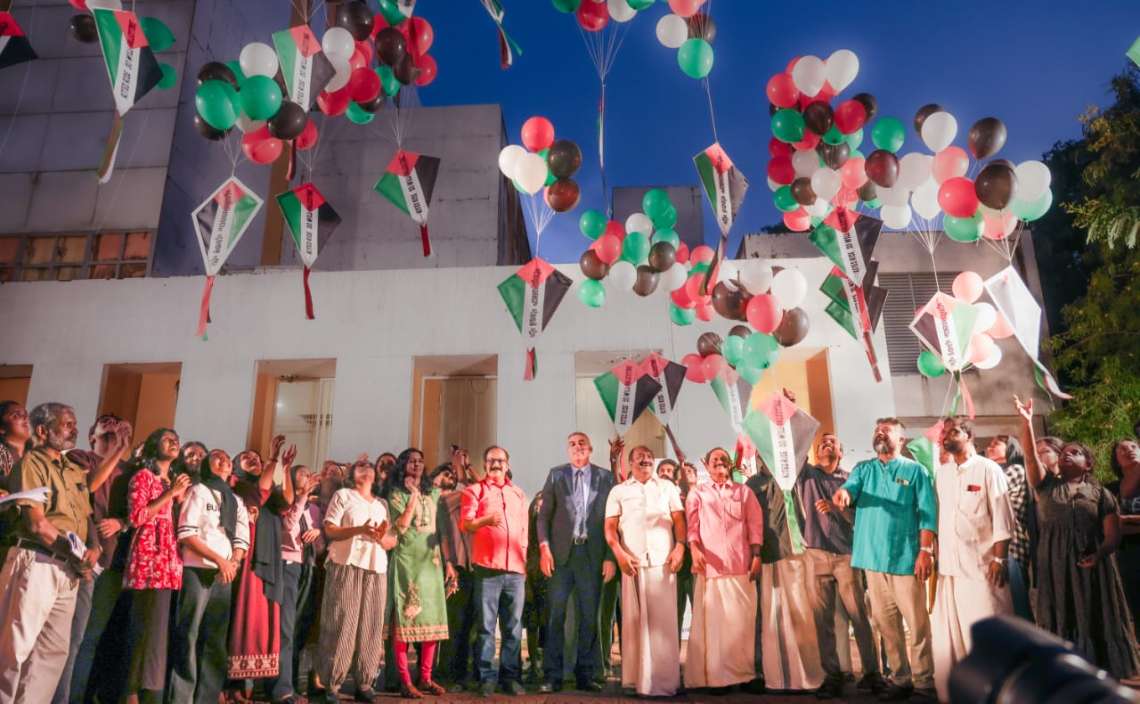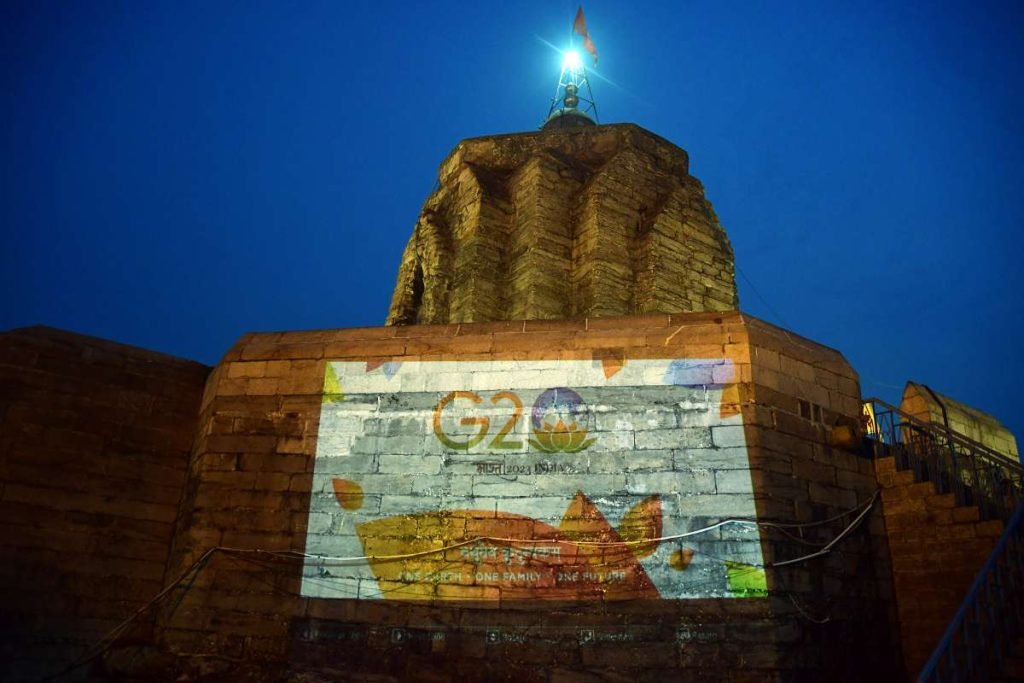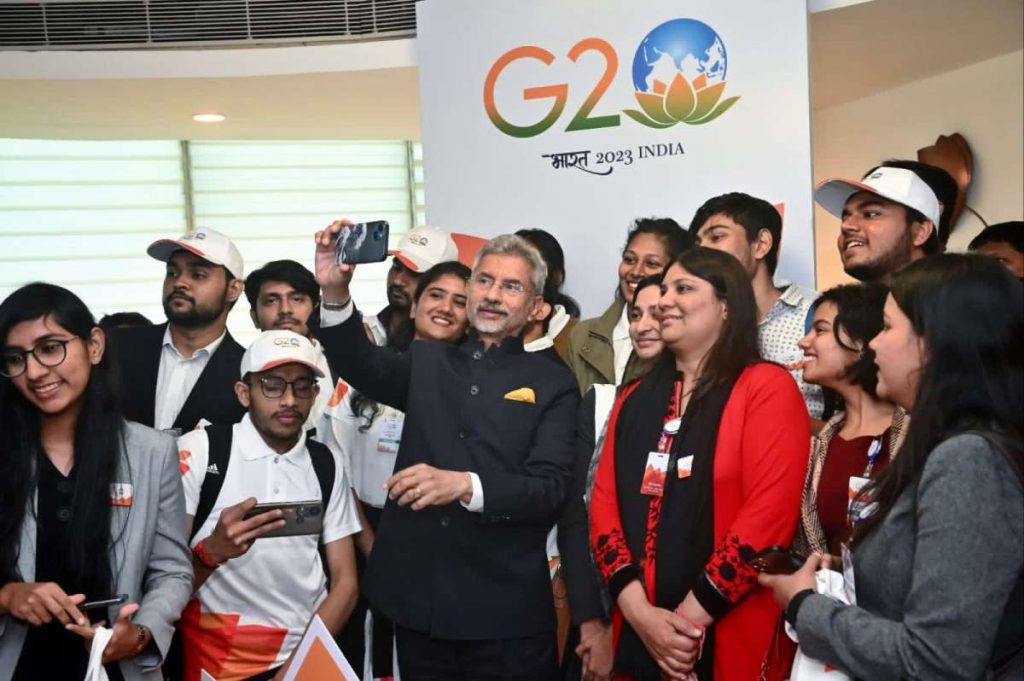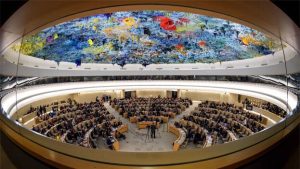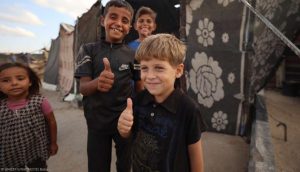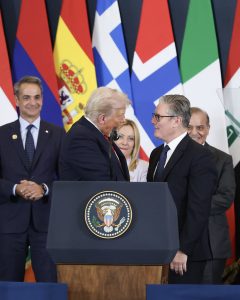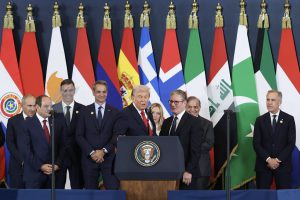As the “mother of democracy,” India’s national consensus is forged not by diktat but by blending millions of free voices into one harmonious melody, says Modi…reports Asian Lite News
As India began its G-20 presidency from Thursday, Prime Minister Narendra Modi said it will work to further promote oneness, inspired by the theme of “One Earth, One Family, One Future”, and listed terror, climate change, pandemic as the greatest challenges that can be best fought together.
India’s G20 priorities will be shaped in consultation with not just our G20 partners, but also our fellow-travellers in the global South, whose voice often goes unheard, he said.
India’s G20 agenda will be inclusive, ambitious, action-oriented, and decisive, he added.
“Let us join together to make India’s G20 Presidency a Presidency of healing, harmony and hope. Let us work together to shape a new paradigm of human-centric globalisation,” he said in an article which appeared in several newspapers and was posted on his website too.
The country looks forward to working on encouraging sustainable lifestyles, depoliticising the global supply of food, fertilizers and medical products among other subjects, the prime minister said in a series of tweets.
He said, “I firmly believe now is the best time to go further still and catalyse a fundamental mindset shift, to benefit humanity as a whole.”
Gone is the time to remain trapped in the the same old zero-sum mindset, which has led to both scarcity and conflict, the prime minister said.
“It is time to get inspired by our spiritual traditions which advocate oneness and work together to solve global challenges,” he added.
“As India assumes this important mantle, I ask myself can the G20 go further still? Can we catalyse a fundamental mindset shift, to benefit humanity as a whole? I believe we can,” he said in the write-up to share his thoughts on the significant milestone for Indian diplomacy.
“Our mindsets are shaped by our circumstances as through the history, humanity lived in scarcity. People fought for limited resources because their survival depended on denying them to others. Confrontation and competition between ideas, ideologies and identities became the norm,” he said.
“Unfortunately, we remain trapped in the same zero-sum mindset even today. We see it when countries fight over territory or resources. We see it when supplies of essential goods are weaponised. We see it when vaccines are hoarded by a few, even as billions remain vulnerable,” he said.
If humans were inherently selfish, what would explain the lasting appeal of so many spiritual traditions that advocate the fundamental one-ness of us all, he asked.
Modi said, “One such tradition, popular in India, sees all living beings, and even inanimate things, as composed of the same five basic elements – the panch tatva of earth, water, fire, air and space. Harmony among these elements – within us and between us – is essential for our physical, social and environmental well-being.”
He added, “India’s G20 Presidency will work to promote this universal sense of one-ness. Hence our theme ‘One Earth, One Family, One Future”.
Today, the world has the means to produce enough to meet the basic needs of all people. “Today, we do not need to fight for our survival our era need not be one of war. Indeed, it must not be one,” he said.
Fortunately, today’s technology also gives us the means to address problems on a humanity-wide scale, he said, adding that India with one-sixth of humanity and with its immense diversity of languages, religions, customs and beliefs is a microcosm of the world, he added.
For imbuing hope in our future generations, India will encourage an honest conversation among the most powerful countries on mitigating risks posed by weapons of mass destruction and enhancing global security, he said.
As the “mother of democracy,” India’s national consensus is forged not by diktat but by blending millions of free voices into one harmonious melody, he said.
India is now the fastest growing large economy and its “citizen-centric governance model” takes care of even its most marginalised citizens, while nurturing the creative genius of its talented youth, he said.
“We have leveraged technology to create digital public goods that are open, inclusive and inter-operable. These have delivered revolutionary progress in fields as varied as social protection, financial inclusion, and electronic payments,” he said.
ALSO READ-Australia looks forward to working closely with India

